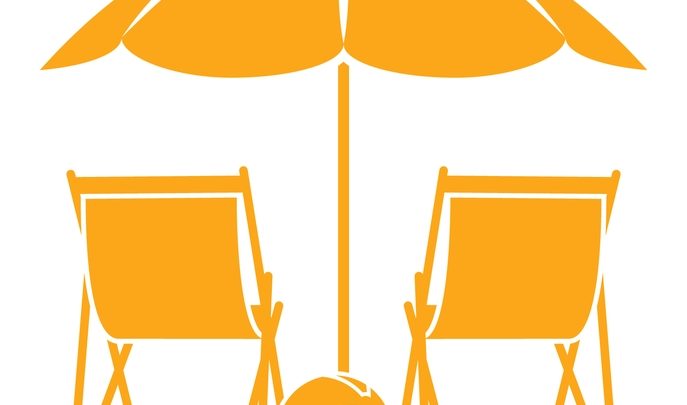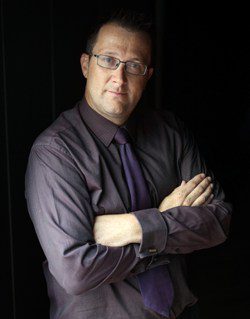Vic Goddard – Here Comes The Summer…

… and with the prospect of six, school-free weeks ahead, Vic Goddard has been considering his options…

- by Vic Goddard
- Executive principal, author and star of Educating Essex

It’s that time again. The annual long break is waiting enticingly round the corner.
There’s little point in asking whether the school calendar should still be so heavily linked to the days when we needed the holidays to coincide with harvest time and other concerns. No government has ever been happy to tackle the anomaly, and this latest incarnation of elected representatives seems even less likely to dictate a common and new approach than any previous one. We have what we have, and therefore need to make it work as best we can.
So with five to six weeks to fill, what should schools be doing to support young people and their families through the break?
Summer holiday regression
The ‘summer holiday regression’ for our students is an oft talked about phenomenon, especially by those advocating a change in the rhythm of schooling. However, I don’t really know how true it is. I’d hate to make any definitive statement about its existence, in case my research methodology brings out the knives on Twitter – although, on second thoughts… stuff them!
My 25 years of being a teacher leads me to believe that, at secondary level at least, the biggest regression that our young people experience from July to September is not in their literacy. The most significant relearning required when the Autumn term begins is in their ability to follow a routine and to understand boundaries; there is potentially a big difference when the ‘rules’ are set up for 1000+ young people, rather than just their own family.
With this in mind, there are some amazing structured activities we could suggest that don’t cost a fortune, such as the National Citizen’s Service summer programme () for older students and young adults.
There is little dispute about the benefits of reading (Surely I don’t need to quote evidence for this one), but I know that when I’ve asked my young people over the years how many of them have read a book for pleasure over the holidays, not enough answer in the affirmative. This remains a true measure of how successful we are being over time in my opinion, and it’s something I will continue to work on.
In fact, this year, to try and help parents and carers to find activities that are not only going to be enjoyed by their teens and nearly-teens, but also may help give them new experiences to learn from, I have tasked (for a very small fee) a group of Y11 students to pull together a small booklet, specifically for our young people, of things that are available to do locally over the holidays.
The key aspects will include how they can get to them as cheaply as possible on public transport. I have no idea whether this will improve the situation – but it certainly can’t harm it.
R&R
And what about us? You know, the teachers? Well, the first thing we should be doing with our summer break is, of course, taking time to read all the DfE consultations that will come out on the last day of term and then the new GCSE syllabi that be released mid August for a September start (that was supposed to be a joke, but let’s wait and see).
Slightly more seriously, what should we do with the six-week summer holiday that’s so often used as weapon against us? Whatever other people say, for me there are few things more joyful than that first Sunday night of the holidays when I go to bed without worrying about whether my books are marked or lessons planned!
One of the things I hear most often from colleagues is that they make the most of this time to catch up on reading something other than an exercise book, whether that means a new John Grisham thriller or the latest musings from @johntomsett or Mick Waters. I often find myself immersed in something that looks a bit like work to other people, but for me is far from that; it’s my reading for pleasure.
The booklet I commissioned from our Y11s has made me think about what might be in a similar publication aimed at my teaching staff. As much as I’m always keen to recommend a visit o the (not so) ‘Secret Nuclear Bunker‘ that’s about 25 minutes away from our school, I reckon the list of suggested activities I’d want them to have would be quite short:
• Spend time with your family • Spend time doing your hobby • Spend time catching up on your sleep • Spend time not stressed
Finally, here’s a holiday project for everyone – if you can find three people who would make a good teacher, please try and convince them how great the profession still is, despite anything and everything that is being done. And if you can also mention that Harlow is a good place in which to work, I’d appreciate it…
Vic Goddard is headteacher at Passmores Academy, as seen on Channel 4’s Educating Essex, and is the author of The Best Job in the World; you can follow him at @vicgoddard










